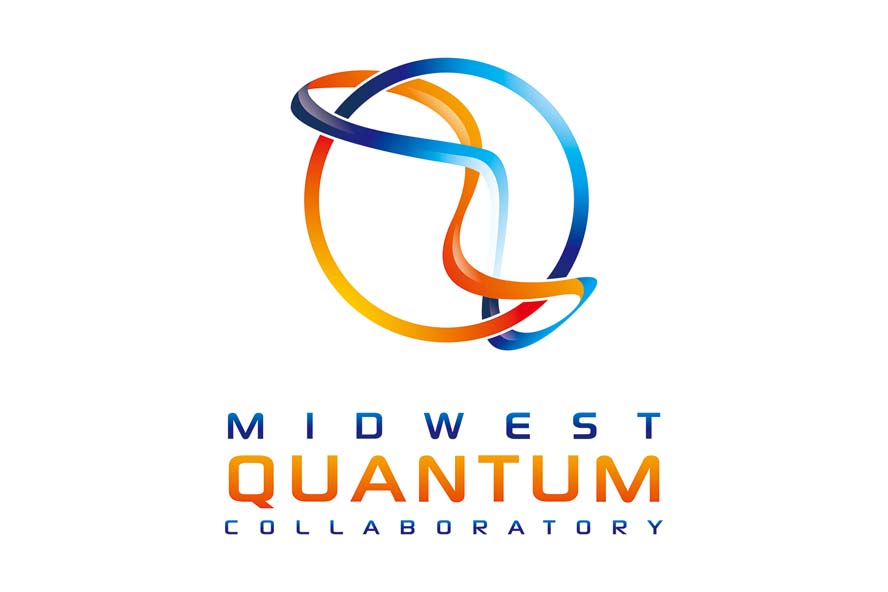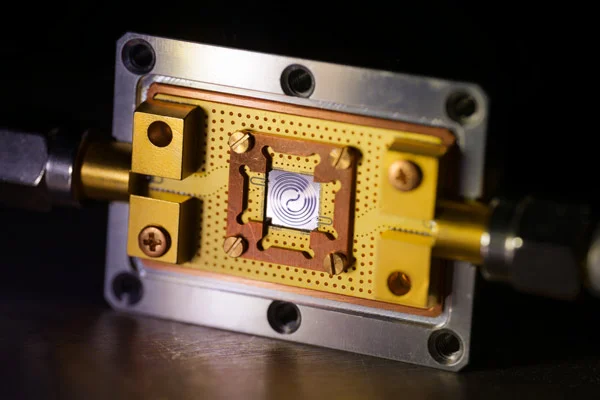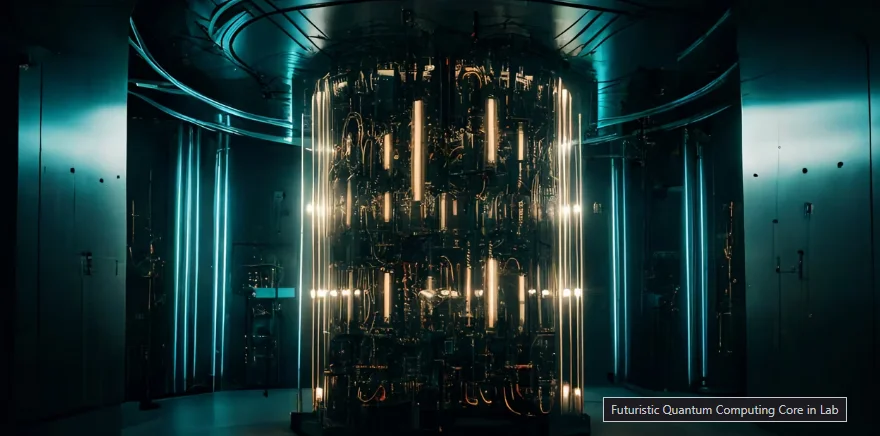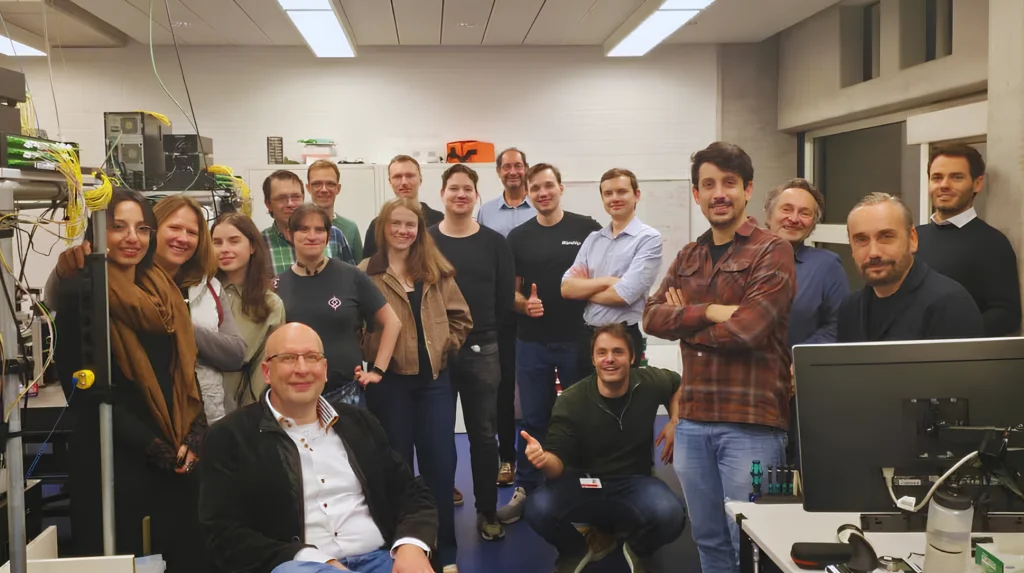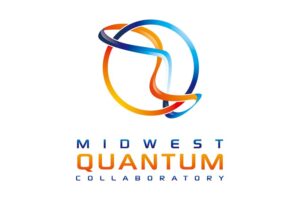
PRESS RELEASE — Purdue University is leading efforts to strengthen quantum science and technology development in a new Midwest-based alliance that will bring together dozens of scientists and engineers from three partner universities.
The new Midwest Quantum Collaboratory (MQC) was recently launched with the University of Michigan and Michigan State University as co-founders to facilitate and foster connections and collaborations between the three universities in the realm of quantum science and technology.
Mack Kira, professor of electrical engineering and computer science at the University of Michigan, will serve as the inaugural director. “The goal of the MQC is to find grand new challenges we can work on jointly, based on the increased breadth and diversity of scientists in the collaboration,” said Kira.

Each university has unique, yet complementary expertise which will create a fruitful quantum ecosystem. “Michigan and Michigan State are natural partners in the Midwest Quantum Collaboratory due to overlapping research themes and geographic proximity,” said Yong Chen, the Karl Lark-Horovitz Professor of Physics and Astronomy, professor of electrical and computer engineering, and director of the Purdue Quantum Science and Engineering Institute (PQSEI). “Our combined expertise will allow us to synergistically push the boundaries of quantum science and technology development.”
The PQSEI has more than 50 faculty members, providing a plethora of interdisciplinary quantum research experience. Purdue will contribute to the MQC by providing world-leading expertise in several areas, including quantum nanophotonics, solid-state quantum systems such as topological insulators, quantum networks and communication, and quantum algorithm development for applications in chemical and drug design, financial modeling, and cybersecurity.
In the first year, the MQC will start a seminar series, hold virtual “mini-workshops” focused on specific research topics, and hold a larger in-person workshop. These events will lead to new collaborations and capabilities that will position the MQC to be competitive for large center-level funding opportunities.
The MQC will also promote development of the quantum workforce by starting a seminar series and/or journal club for only students and postdocs and encouraging research interaction across the three universities.
For more market insights, check out our latest quantum computing news here.

